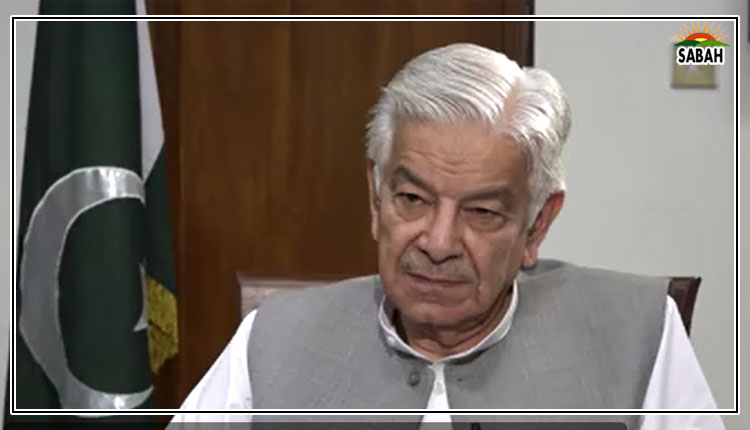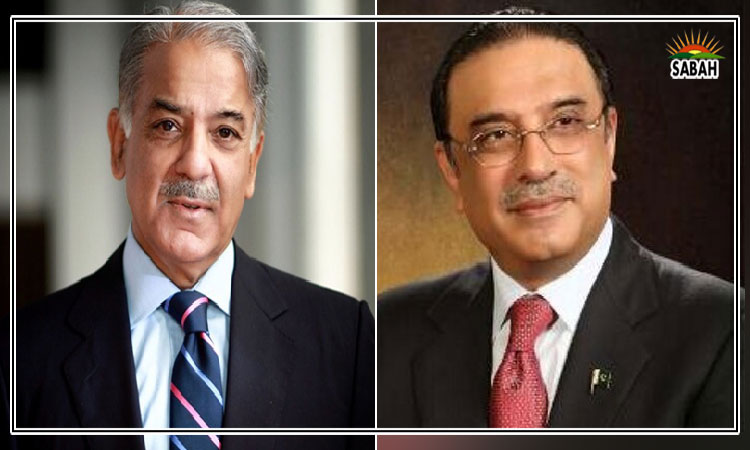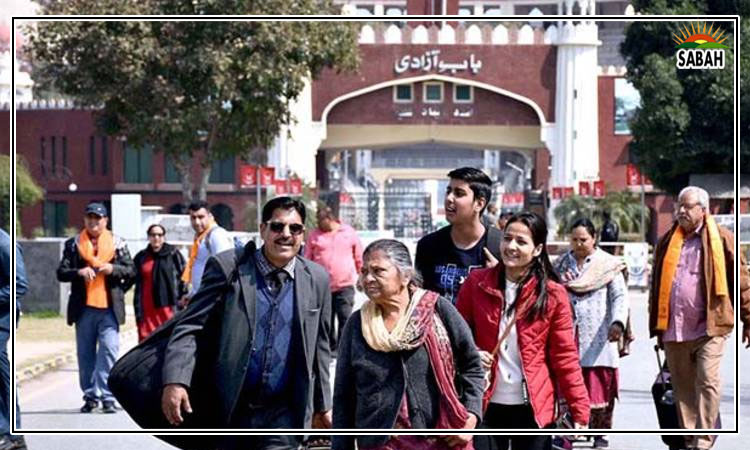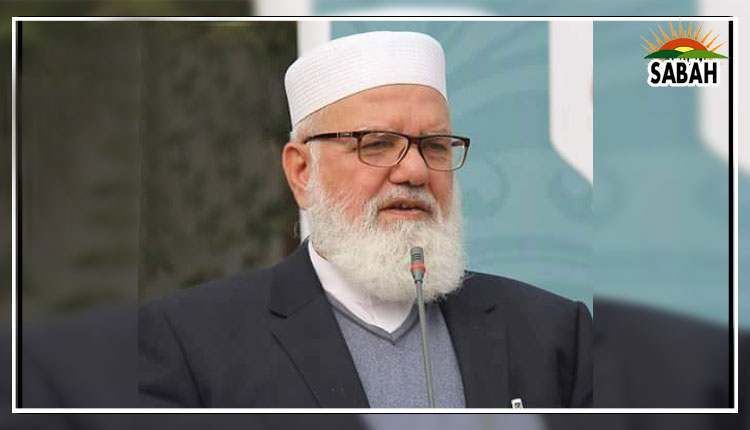Income taxation of SMEs…Shaheen Tahir
In Pakistan, income tax framework consists of a convoluted system of substantive and procedural legislation. Apart from the Income Tax Ordinance, 2001 there is a plethora of subsidiary legislative documents in the form of Rules, Statutory Regulatory Orders (SROs) and Circulars making it difficult to understand and comply for the SMEs. A simplified income tax regime has, therefore, always been strongly advocated by the SMEs.
A special and simplified income tax regime for SMEs (STR) in the manufacturing sector was introduced through the Finance Act, 2021. Thereby, Income Tax Ordinance, 2001 was amended to not only define the small and medium enterprises but also provide for lower tax rates and simplified procedure for compliance by the SMEs. The Finance Act, 2021, however, defined the SMEs in a very limited context, as against the National SME definition, to include manufacturing enterprises with annual business turnover of up to Rs100 million as small and enterprises with annual business turnover exceeding Rs100 million but not exceeding Rs250 million as medium, while excluding the corporate entities registered as small companies with the FBR.
SMEDA commissioned a research study to identify, examine and analyse the existing income tax regime for SMEs. The study targeted a comprehensive mapping in relation to income tax structures, procedures, documents and penalties with special reference to their applicability to the SMEs. This was followed by primary and secondary research and an analysis of the impact of income tax on the cost of doing business of various business structures. A comparison of Pakistans income tax system for SMEs with those of the United Kingdom and India was also carried out.
The Income tax framework is a complex mix of multi-tiered incidences of taxation comprising normal income tax, advance tax, withholding tax, minimum tax, corporate tax and final tax. In a given tax year, a manufacturing SME business opting for a normal tax regime, for example, will most likely have to get the income tax deducted on multiple occasions on imports, local sales, utilities, loans from banks, etc. At the same time the business will have to make deductions and deposit of income tax, as a withholding agent, on behalf of its employees, buyers and service providers. Considering the nature of SMEs, the compliance with such a complex system is costly, cumbersome and challenging.
Compliance with the withholding tax (WHT) regime was identified as the most pressing challenge for SMEs. Given Pakistans peculiar market dynamics where most of the local vendors and suppliers are not registered with the FBR, working as a withholding agent becomes a teething problem for taxpayer SMEs. Thus, getting invoices of the products supplied by such vendors and deduction of WHT becomes impossible. Since this carries the risk of losing vendors, the taxpayer SMEs, unwillingly, look for alternate ways including adding an additional cost of non-filers WHT e.g. 9% for goods in the product cost and getting an invoice or even non-recording of the transaction.
There is an apparent disparity of taxation of different business structures. Sole proprietors and AOPs are taxed on varied rates according to their annual income which may go up to 35%. However, registered small and medium companies and limited liability partnerships are taxed at a fixed rate of 21% and 29% respectively, irrespective of their income. This disparity of tax rates has unintended but ominous consequences of discouraging the corporatisation of SME businesses.
The Income Tax Ordinance does not provide any specific incentive for newly set up SME enterprises. Enterprises set up in the special economic zones are exempt from payment of income tax for a period of ten years, but no such exemption is available for investments in small industrial estates.
A substantial relief has been given to the SMEs in the STR under the Fourteenth Schedule of the Income Tax Ordinance, 2001 inasmuch as eligible SME taxpayers are likely to have an average benefit of 37% to 68% of the amount of tax in a given tax year than they would have to pay before the STR. In addition, eligible SME taxpayer exporters are likely to have an average benefit of 50% to 75% in a given tax year. SMEs in general are, however, not cognizant of the advantages provided by the special tax regime. The efficacy of the STR is, however, likely to be undermined given that no relaxation in withholding tax rates has been given. The situation is liable to result in higher tied up funds of eligible SME taxpayers, with the FBR, as against the SMEs not opting for the STR given the tedious refund process.
Unlike Pakistan, no separate income taxation regime for SMEs exists in the UK and India other than prescribing some incentives in tax rates for R&D, investments in start-ups. Whereas, in India SMEs may be eligible for certain tax incentives including reduced rate of corporate tax, R&D tax benefits, exemption from minimum alternate tax, higher depreciation on assets use by SMEs, etc.
For enhanced tax base and compliance, the study recommends that the withholding tax for SMEs should be based on revenue threshold rather than their legal structure. FBR may introduce an online module for SMEs to help them comply with WHT requirements and to activate the track and trace system to ensure that unregistered vendors and suppliers are being identified and held accountable for their tax obligations. Incentives and support may be initiated by the FBR for improved compliance with withholding tax regime. SMEs making investments in small industrial estates should also be provided exemption from income tax for a specific period. A sustained and structured awareness campaign may be designed and implemented jointly by the FBR and SMEDA to educate potential and existing SME tax payers on key tax concepts, procedures, documentary requirements, exemptions, deductions, tax credits, etc. In addition, benefits available to SMEs under other applicable regulatory regimes but conditional to being an income tax payer may also be highlighted.
Courtesy The Express Tribune












